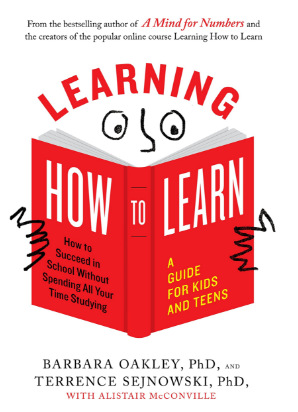Who might a reference as evidence of wider reading and why are the relevant to my developing teaching practice?
John Carroll > Three way step approach [I could use this]
Is this the man?
Carroll, J. (1963). A model of school learning. Teachers College Record, 64, 723-733.
John B Carroll ?
Whose 'model emphasises aptitude as a determinant of time needed for learning'. This 'suggests that increased effort' be placed on predicting student potential and so designing appropriate instruction, so that 'ideals of equal opportunity to learn are to be achieved within a diversity of educational objectives'.(1)
Geoff Petty
Dylan Wiliams
So long as they fit the narrative, rather than being shoehorned in, then the names that come to mind and for whom I will find plenty here are:
Mihaly Csikszentmihalyi - In the flow (boredom/challenge)
John Seely Brown - Communities of practice, therefore working it out collectively.
Ebbinghaus - Forgetting curve, therefore repetition and 'spaced education'.
Gilly Salmon - e-tivities and five stages, could be used to introduce online homework.
They can login, use the platform (put in their name), answer a question. Ask for support.
Grainne Conole (2011) - Flat vocabulary, more complex vocabulary, classification schemas or models and metaphors. [Designing for Learning in a Digital World].
- Metaphor creates memory (and her seven stages of learning online) or was it Gareth Morgan. I never really understood him even if I got into it for a period
Barbara Oakley - 'Learning How to Learn' chunking and metaphor + the classroom ‘observation’ of deferring to a god-like expert as witness/evidence.
- Chunking. Bitesiez. How we learn.
Yrjö Engeström (1987) - Activity Theory and Systems and how people construct meaning
Van Gundy (1988) - Creative problem solving techniques.
- Drawing, out of their comfort zone, different ways of thinking, eliciting a response and feedback.
Ritchey (20070 - 'Wicked Problems' are not 'true or false' but 'better or worse'. Social problems are complex and wicked. So called 'Tame Problems', even as complex as chess, have a scientific or mathematical solution so are not 'wicked' or 'messy'.
Grayson Perry - creativity is making mistakes.
Can someone own the following though:
Storytelling
Metaphor
REFERENCES1) The Carroll Model: A 15-year Retrospective and Prospective View.

